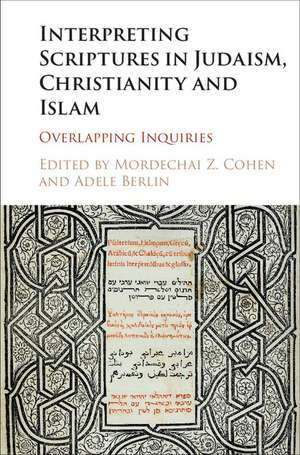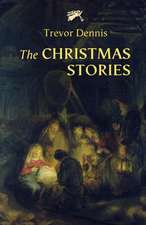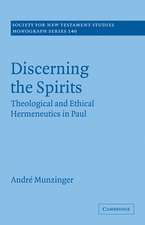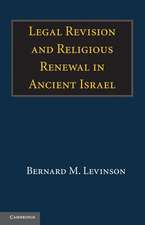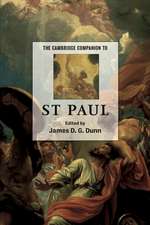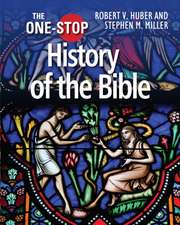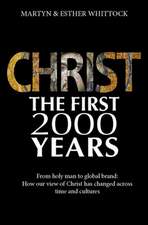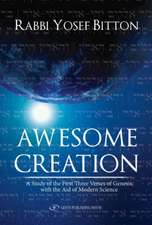Interpreting Scriptures in Judaism, Christianity and Islam: Overlapping Inquiries
Editat de Mordechai Z. Cohen, Adele Berlinen Limba Engleză Hardback – 5 iun 2016
Preț: 795.26 lei
Preț vechi: 924.72 lei
-14% Nou
Puncte Express: 1193
Preț estimativ în valută:
152.24€ • 156.66$ • 128.33£
152.24€ • 156.66$ • 128.33£
Carte tipărită la comandă
Livrare economică 28 februarie-14 martie
Preluare comenzi: 021 569.72.76
Specificații
ISBN-13: 9781107065680
ISBN-10: 1107065682
Pagini: 402
Ilustrații: 16 b/w illus.
Dimensiuni: 160 x 231 x 33 mm
Greutate: 0.68 kg
Editura: Cambridge University Press
Colecția Cambridge University Press
Locul publicării:New York, United States
ISBN-10: 1107065682
Pagini: 402
Ilustrații: 16 b/w illus.
Dimensiuni: 160 x 231 x 33 mm
Greutate: 0.68 kg
Editura: Cambridge University Press
Colecția Cambridge University Press
Locul publicării:New York, United States
Cuprins
Introduction: intersecting encounters with scriptures in three faiths Mordechai Z. Cohen; Part I. Scriptural Texts in Changing Contexts: 1. The emergence of biblical interpretation in antiquity James Kugel; 2. Disclosing the mystery: hermeneutics of typology in Syriac exegesis Sidney Griffith; 3. 'We have made it an Arabic Qur'an': the permissibility of translating scripture in Islam in contrast with Judaism and Christianity Meir Bar-Asher; 4. The unmoved mover begins to move: literary and artistic renderings of the Christian Bible Piero Boitani; 5. Deconstructing the dual Torah: a Jewish response to the Muslim model of scripture Meira Polliack; Part II. Conceptions of the Literal Sense: 6. The literal sense of Christian scripture: redefinition and revolution Jon Whitman; 7. Figuring the letter: making sense of 'sensus litteralis' in late-medieval Christian exegesis Alastair Minnis; 8. Conceptions of the literal sense (ẓāhir, ḥaqīqa) in Muslim interpretive thought Robert Gleave; 9. Emergence of the rule of peshat in Jewish Bible exegesis Mordechai Z. Cohen; Part III. Rhetoric and the Poetics of Reading: 10. Reading Virgil, reading David: poetry and commentary in the medieval school of Rheims A. B. Kraebel; 11. On the figurative (majāz) in Muslim interpretation and legal hermeneutics Wolfhart Heinrichs; 12. Words of eloquence: rhetoric and poetics in Jewish peshat exegesis in its Muslim and Christian contexts Mordechai Z. Cohen; 13. Classical rhetoric and scriptural interpretation in the Latin West Rita Copeland; 14. Robert Lowth's biblical poetics and Romantic theory Stephen Prickett; 15. From scripture to literature: modern ways of reading the Bible Adele Berlin.
Recenzii
'This volume brings together an excellent collection of essays that will prove useful for scholars in many fields including hermeneutics, medieval religious thought, the history of biblical interpretation, and the history of the three Abrahamic religions. The two outstanding qualities of the volume are the various chapters on Islamic interpretive tradition and the four chapters comprising part 2s on the sensus literalis. In the case of this first strength, the chapters dealing with issues within the Islamic interpretive tradition go a long way in both introducing this important vein of scriptural interpretation to the interested reader and showing in a compelling manner the various points of contact between Islamic interpreters and those from Judaism and Christianity. In the second instance, part 2 of this volume represents one of the best treatments of the sensus literalis available to an academic readership. For these reasons, this volume deserves much attention.' Stephen D. Campbell, Journal of Hebrew Scriptures
Descriere
This comparative study examines how scriptures - the Bible and the Qur'an - were interpreted in Judaism, Christianity, and Islam throughout history.
